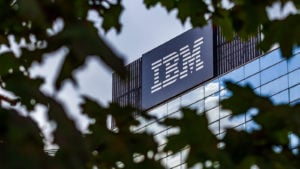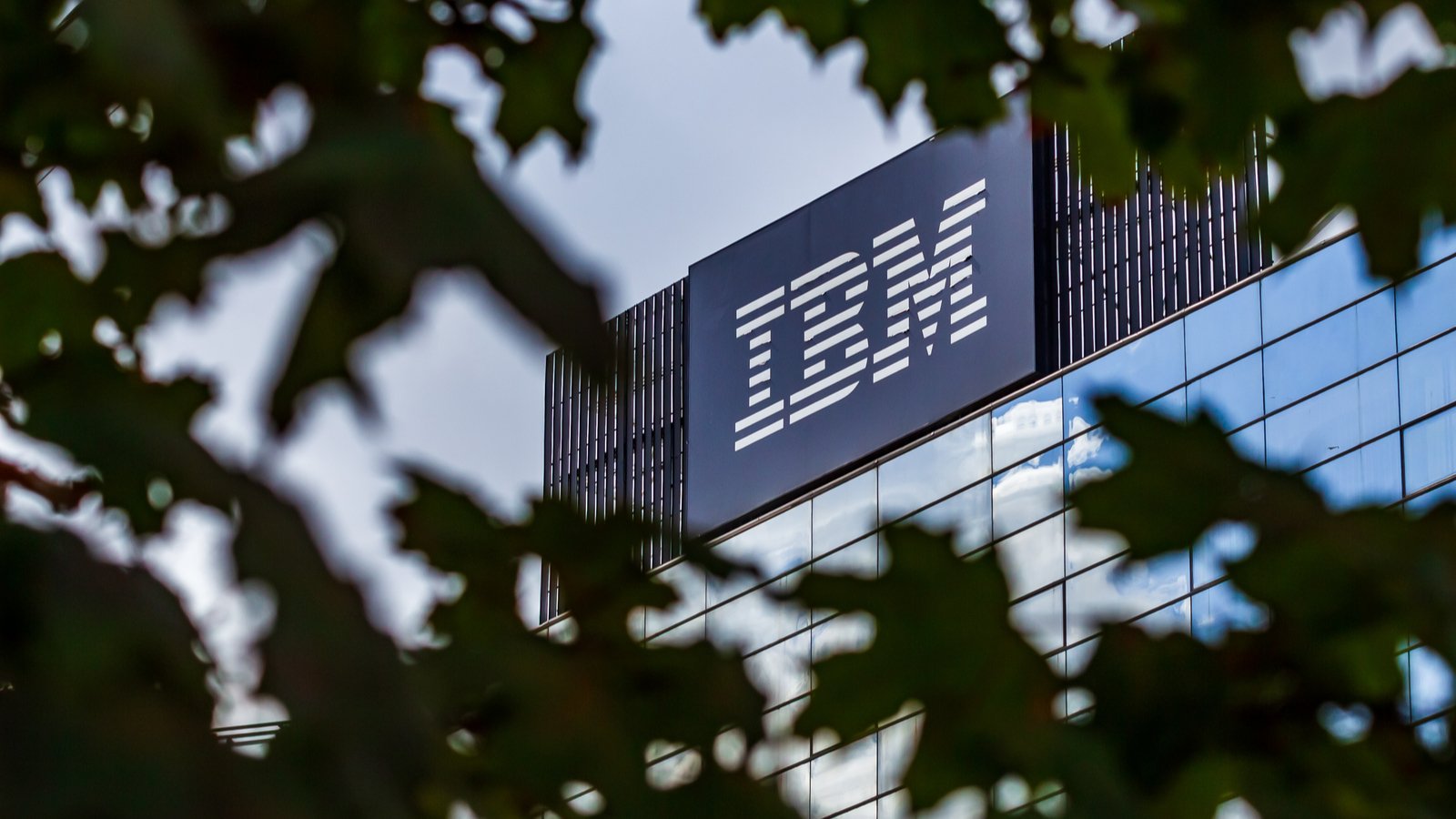IBM (NYSE:IBM) will report its second-quarter earnings on July 19. Expect the stock to rise if it produces earnings like those from Q1. I wrote about this last month and estimated that IBM stock was worth 25% more, or $183 per share.

As of July 14, IBM stock was $139.82 per share, so my analysis still stands. In fact, I have now revised my upside target to 44% higher, or $201.76 per share.
This, of course, is all based on the software company’s excellent free cash flow (FCF) generation last quarter. In Q1, IBM produced $2.153 billion in adjusted free cash flow on revenue of $17.7 billion. That means its FCF margin was relatively high at 12.4%.
Adjusting IBM’s Target Value
Right now, analysts followed by Seeking Alpha expect IBM’s 2022 revenue to hit $75.38 billion. If we use the 12.4% FCF margin metric from Q1, IBM could produce $9.347 billion in FCF. Let’s call it $9.5 billion for simplicity’s sake.
As I showed in my last article, the FCF yield of its peers averages about 5.25%. That means if we divide the forecast 2022 FCF of $9.5 billion by 5.25%, the target market capitalization could be $180.952 billion.
That is $55.6 billion higher, or 44.3% more, than its $125.34 billion market cap today. So the upside for IBM stock is 44.3% more, or $201.76 per share (i.e., $1.443 times $139.82 price on July 14).
Even if it takes two years for IBM stock to rise that high, the increase represents a decent 20.1% annualized compound return for both years.
What Analysts Think About IBM Stock
Most analysts are excited about IBM’s huge growth in cloud computing. IBM’s revenue grew just 1% for the quarter, but its cloud-based revenue was up 21% (slightly less after adjustments.)
Moreover, the company’s trailing 12 month (TTM) cloud revenue was up 19% and IBM’s Red Hat revenue was up 17% during the quarter. Most analysts are expecting these trends to continue in Q2 and beyond. The company expects that cloud computing will be a $1 trillion market opportunity, according to Reuters.
In general, analysts are not as positive as I am on IBM stock. TipRanks.com reports that 8 Wall Street analysts have written about the stock in the last 3 months. Their average price target is $151.75, which represents an upside of just 8.5% over yesterday’s price. The same is true for Yahoo! Finance, where the average target price is $144.12, or just 3% higher. In other words, they are not believers in IBM stock.
What To Do With IBM Stock
I wonder what these analysts will say when IBM splits into two companies by the end of this year. Based on the spin-off proposal, IBM itself will focus on cloud computing after the split. Its legacy services business will break off into a company called Kyndryl, which will be based in New York City. The spin-off will allow IBM to focus on its fast-growing cloud computing businesses.
In these situations, I typically use a probability matrix to estimate a stock’s future value.
For example, let’s say there’s a 40% chance that analysts are correct and IBM stock will see 5% returns. That produces a meager 2% expected return (ER).
Next, let’s assume a 40% chance that IBM stock will rise 44%. That produces an ER of 17.6%.
Finally, let’s say that IBM makes a market return of 10%. After deducting the chances of the other two outcomes, there is a 20% chance of that happening. The ER in this third scenario is also 2%.
Adding up all three of these scenarios’ ERs leads to the following equation: 2% (analysts) plus 17.6% (Hake) plus 2% (market return) equals 21.6%. Based on this calculation, the ER is 21.6% for IBM stock over the next year. That is also close to the 20.1% annualized compound return I calculated using IBM’s 44.3% upside over two years.
On the date of publication, Mark R. Hake did not hold a position in any security mentioned in the article. The opinions expressed in this article are those of the writer, subject to the InvestorPlace.com Publishing Guidelines.
Mark Hake writes about personal finance on mrhake.medium.com and runs the Total Yield Value Guide which you can review here.
